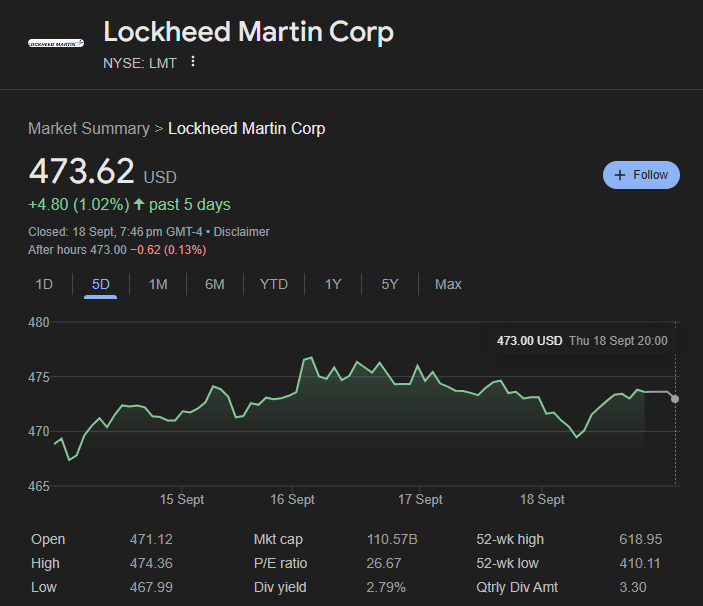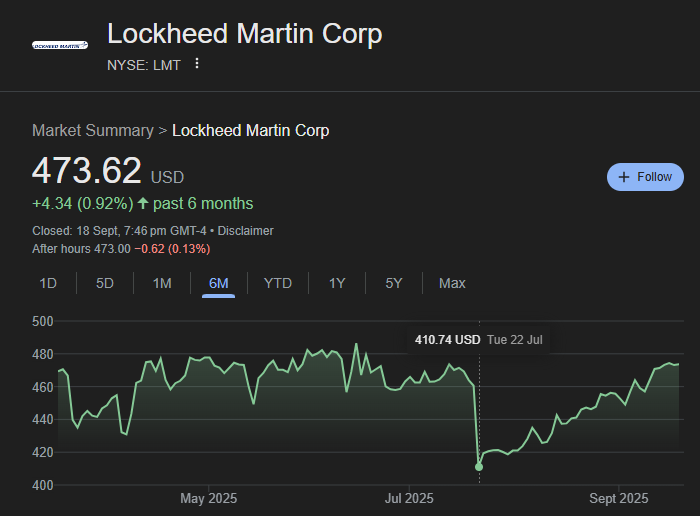
Ultima Markets App
Trade Anytime, Anywhere
Important Information
This website is managed by Ultima Markets’ international entities, and it’s important to emphasise that they are not subject to regulation by the FCA in the UK. Therefore, you must understand that you will not have the FCA’s protection when investing through this website – for example:
- You will not be guaranteed Negative Balance Protection
- You will not be protected by FCA’s leverage restrictions
- You will not have the right to settle disputes via the Financial Ombudsman Service (FOS)
- You will not be protected by Financial Services Compensation Scheme (FSCS)
- Any monies deposited will not be afforded the protection required under the FCA Client Assets Sourcebook. The level of protection for your funds will be determined by the regulations of the relevant local regulator.
Note: Ultima Markets is currently developing a dedicated website for UK clients and expects to onboard UK clients under FCA regulations in 2026.
If you would like to proceed and visit this website, you acknowledge and confirm the following:
- 1.The website is owned by Ultima Markets’ international entities and not by Ultima Markets UK Ltd, which is regulated by the FCA.
- 2.Ultima Markets Limited, or any of the Ultima Markets international entities, are neither based in the UK nor licensed by the FCA.
- 3.You are accessing the website at your own initiative and have not been solicited by Ultima Markets Limited in any way.
- 4.Investing through this website does not grant you the protections provided by the FCA.
- 5.Should you choose to invest through this website or with any of the international Ultima Markets entities, you will be subject to the rules and regulations of the relevant international regulatory authorities, not the FCA.
Ultima Markets wants to make it clear that we are duly licensed and authorised to offer the services and financial derivative products listed on our website. Individuals accessing this website and registering a trading account do so entirely of their own volition and without prior solicitation.
By confirming your decision to proceed with entering the website, you hereby affirm that this decision was solely initiated by you, and no solicitation has been made by any Ultima Markets entity.
I confirm my intention to proceed and enter this website Please direct me to the website operated by Ultima Markets , regulated by the FCA in the United KingdomLockheed Martin Current Stock Price
Lockheed Martin (NYSE: LMT) is trading at around $473.00 USD per share. 52-week range: $410.11 – $618.95

What Does Lockheed Martin Corp Do?
Lockheed Martin Corp is a U.S. aerospace and defense company that develops fighter jets, missiles, space systems, and security technologies for government and commercial clients. It designs and manufactures advanced technologies including fighter jets (like the F-35), missile defense systems, space exploration vehicles, helicopters, and cybersecurity solutions. The company operates through four main business segments: Aeronautics, Missiles and Fire Control, Rotary and Mission Systems, and Space. Its primary customer is the U.S. government, though it also serves international allies and commercial partners.

Why Did Lockheed Martin Stock Drop?
Lockheed Martin’s stock dropped in 2025 mainly because of disappointing earnings, cost overruns in its flagship programs, and investor caution around defense budgets. The most recent decline came after the company reported weak Q2 results in July 2025.
Key Reasons Why Lockheed Martin Stock Dropped
Earnings Misses and Heavy Charges
- In Q2 FY2025, Lockheed reported EPS of just $1.46, down from $6.85 the year before.
- The company booked $1.6 billion in program losses and $169 million in other charges, shocking analysts.
- Cash from operations fell to $201 million, with –$150 million free cash flow.
F-35 Program Cost Overruns
- Lockheed disclosed around $6 billion in additional costs tied to F-35 modernization delays.
- Investors worry these overruns could cut into future margins and weaken cash generation.
Flat Revenue Growth
- Sales were $18.2 billion, essentially flat compared to the prior year.
- Stagnant top-line growth raised questions about near-term expansion potential.
Defense Budget Uncertainty
- Lockheed relies on U.S. defense spending for ~75% of revenue.
- Ongoing debates around the FY2026 National Defense Authorization Act (NDAA) have created uncertainty about contract flow.
Market Rotation and Macro Pressure
- Rising interest rates and strong returns in tech pulled investor capital away from defense stocks.
- Broader market weakness amplified the decline in LMT shares.

Lockheed Martin Stock Forecast
Analysts are divided on Lockheed Martin’s outlook. According to recent consensus data, the average 12-month price target sits around $480–$495, with a low estimate near $398–$432 and a high estimate between $565 and $600 . This means most forecasts cluster in the mid-$470s to low-$500s, suggesting modest upside from current levels. The bullish case depends on execution in programs like the F-35 and stability in U.S. defense budgets, while the bearish view highlights cost overruns and political risk.
Short-Term Forecast (2025–2026)
- Volatility Ahead: Investors are monitoring Washington’s FY2026 National Defense Authorization Act (NDAA) negotiations, which could reshape Pentagon spending priorities.
- Earnings Sensitivity: Future quarters will be closely watched for cost containment and cash flow recovery.
Long-Term Forecast (2026–2030)
- Defense Spending Growth: Global defense budgets are projected to rise steadily through 2030, especially in NATO and Asia-Pacific regions.
- Backlog Strength: Lockheed maintains one of the largest contract backlogs in the industry, providing long-term revenue visibility.
- Risks: Program delays, cost overruns, and political shifts remain critical risk factors.
Is Lockheed Martin a Good Stock to Buy?
Lockheed Martin is often viewed as a stable, dividend-paying stock with strong exposure to long-term defense spending. The company generates most of its revenue from U.S. government contracts, giving it reliable cash flows, and it has raised its dividend for more than 20 consecutive years. Analysts’ consensus rating is generally “Moderate Buy,” with average 12-month price targets around $480–$495.
Strengths
- Dividend Yield: Historically consistent, with increases for over 20 years.
- Backlog Stability: Multi-year government contracts create predictable revenue streams.
- Defensive Sector: In times of geopolitical uncertainty, defense stocks attract investors.
Risks
- Execution Issues: Cost overruns on the F-35 and modernization programs raise red flags.
- Budget Dependence: Heavily reliant on U.S. government funding (about 75% of revenue).
- Valuation: Shares still trade at a premium compared to some peers.
Conclusion
The decline in 2025 was driven by Q2 earnings weakness, $1.6 billion in program losses, negative free cash flow, and rising F-35 costs, alongside uncertainty over U.S. defense budgets. While Lockheed Martin remains a cornerstone defense contractor with a long contract backlog and steady dividends, near-term volatility is likely as the company works through execution challenges.
At Ultima Markets, we help traders navigate these market shifts by offering access to global equities, indices, and defense sector opportunities through our multi-asset trading platform. Whether you’re tracking Lockheed Martin, the broader aerospace industry, or looking for diversified trading strategies, Ultima Markets provides the tools, education, and insights you need to trade with confidence.
Disclaimer: This content is provided for informational purposes only and does not constitute, and should not be construed as, financial, investment, or other professional advice. No statement or opinion contained here in should be considered a recommendation by Ultima Markets or the author regarding any specific investment product, strategy, or transaction. Readers are advised not to rely solely on this material when making investment decisions and should seek independent advice where appropriate.












